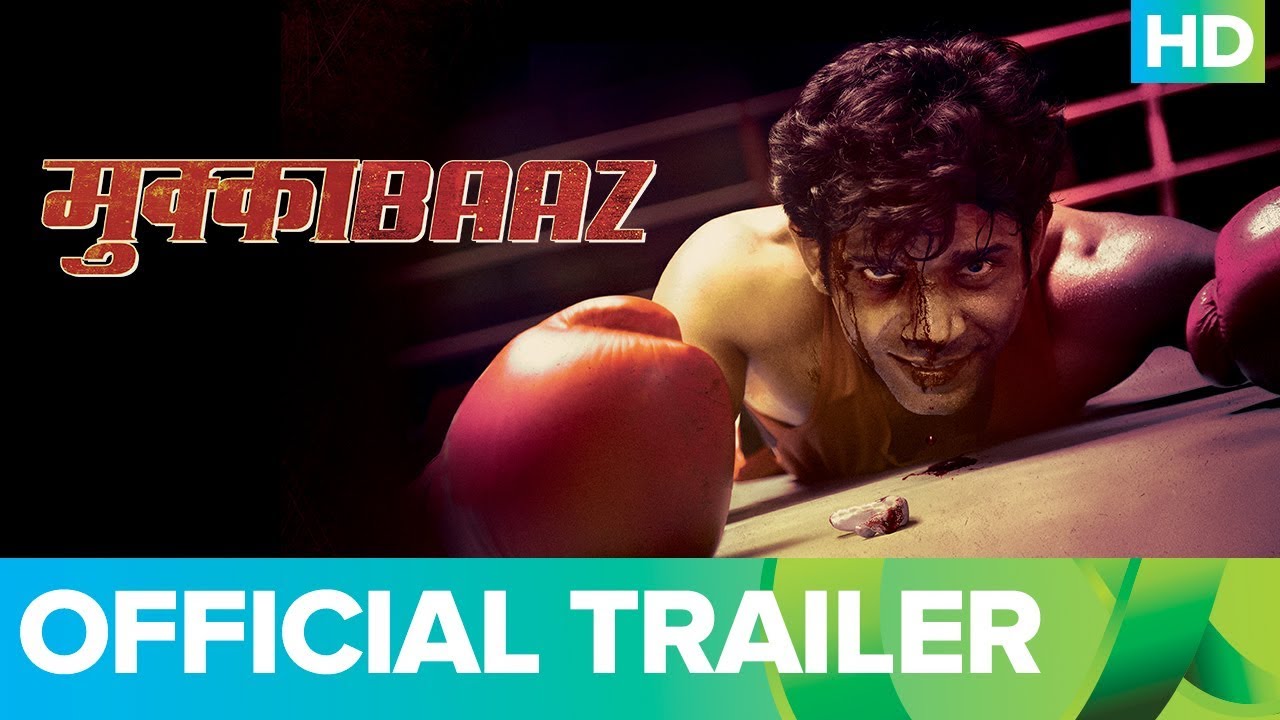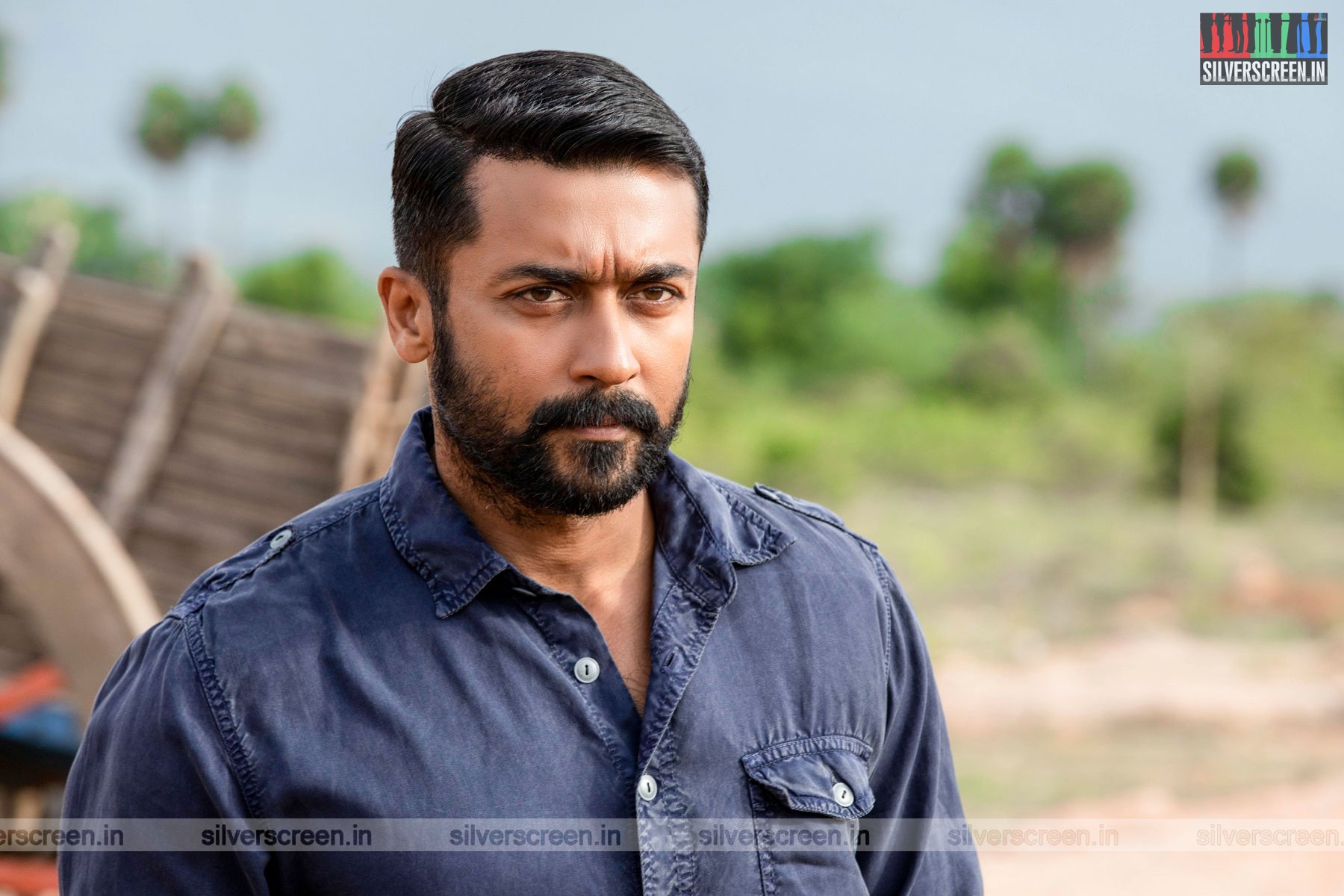Venkatesh Maha, the director of Uma Maheswara Ugra Roopasya (2020) and Care Of Kancharapalem (2018), two widely acclaimed Telugu films, talks about his relationship with Telugu cinema.
Venkatesh Maha grew up among movie enthusiasts. “We would gather in the living room and watch films on television. A lot of films of SV Krishna Reddy, of actors Rajendra Prasad and Naresh. Comedies and family-entertainers” he recalls. “My parents didn’t really hold strong opinions about the films they saw. I don’t remember my mother not liking any film.”
Many of these films harnessed the power of popular cinema to discuss complex philosophies, he says. “For example, in Kannayya Kittayya (1993), God appears before an ordinary man and they discuss life. Filmmaker Dasari Narayana Rao created wonderful female characters who were strong and rebellious, who were so unlike what the society dictated women should be in a traditional family setup.”
Over time, the Telugu film industry – India’s second biggest – was overrun by big-budget entertainers that replaced imagination with sleaze, violence and cliches. As Telugu cinema descended into focusing on box-office figures and fights between fans of superstars, new talents bore the brunt of this decline. Maha recounts the uneasiness he has faced at NFDC’s Film Bazaar in Goa where he is a regular. “No one takes you seriously when you say you make Telugu films. Once I overheard someone asking a Telugu filmmaker what he was doing at Film Bazaar.”
There is a prevalent impression that there has never been space for serious filmmaking in Telugu cinema, Maha points out. “Ram Gopal Varma is now regarded as a Bollywood filmmaker, but the fact is, he started his career in the Telugu film industry. When IFFI celebrated the best of regional cinema, they chose a big-budget entertainer from Telugu over much smaller and more rooted films like Mallesham.”
In a conversation with Aswathy Gopalakrishnan, Maha lists some of his favourite Telugu films that he wants everyone to watch; films that have influenced him as a filmmaker.
Anand (2004)
During Dussehra 2004, Maha, then a teenager, wandered into a theatre playing a low-profile Telugu film. “The tickets for the film I’d wanted to watch that day, Shankar Dada MBBS, were sold out,” he recalls. “But then I saw a poster of a movie displayed outside the theatre which had a photograph of two people – a woman and a man – sitting on the floor and sipping coffee. In those days, it was so unusual to see that kind of simplicity in a film poster.”
That movie, Anand, directed by Sekhar Kammula, became one of his favourites. It was a movie that he would revisit often. “Anand is a coming-of-age film and a breezy rom-com. You could say that the film changed my understanding of women in Telugu cinema. I was so smitten with Roopa, the character that Kamalalini Mukherjee played in the film.”
He credits films like Anand, Godavari, Little Soldiers, Prema Sandhya Ragam and Ram Gopal Varma’s Prema Kadha as precursors to his own films. “The male protagonists in these films are gentle and sober. The characters have many dimensions.”
Sindhooram (1997)
“My mother had a habit of taking me to a movie theatre and leaving me there. She would go home, do her chores in peace, and then come to pick me up when the film was over,” he laughs. “So, one day, she took me to watch Sindhooram. I must have been seven or eight then. The film is about Naxalism. I was moved or rather, puzzled by its depiction of human perseverance and suffering. I kept wondering why the characters did what they did. The film has an open ending, something that’s not common in mainstream films.” He recalls not liking the film that day. “No hero, no proper conclusion, no definite end to the characters’ struggles… But now I understand it better.”
Osey Ramulamma (1997)
The film, directed by Dasari Narayana Rao, stars Vijayashanthi in the lead role. “It looks at the complexity of human nature. And it’s a hard-hitting take on gender issues in the society. As a child, I thought its portrayal of misogyny was exaggerated. But now I understand it’s derived from life,” says Maha.
Films of Vamsy
“Vamsy must be the most underrated filmmaker in Telugu cinema,” says Maha. “Of course, people love him and have celebrated his success but few people have taken an interest in studying his films. His April 1 Vidudala is popularly regarded as a comedy, but it really is a thriller ﹣one of the best I have ever watched. In his film, Joker, the writing is meticulous and layered. That’s something I miss in Telugu cinema now. Vamsy also wrote many short stories set in East and West Godavari, in a language that’s so humourous.”
Films of Ram Gopal Varma
“Of course I love his popular films like Shiva and Rangeela, but it’s Kshanakshanam and Gayam that influenced me the most. RGV brought a new kind of aesthetic to mainstream cinema. His films are very cinematic, a total departure from the theatre-effect our cinema had been suffering from. Before him, in Telugu cinema space many people had tried to do that, but no one achieved what RGV did. He made great use of hand-held shots, naturalistic setting and actors who looked like real people,” says Maha.
Maha doesn’t agree with the flak the filmmaker has been receiving for his recent projects. “He has achieved so much in the past, and now he is having fun doing whatever he wants to do. He is free. There is nothing like finding the courage to embrace that freedom!”
Sankarabharanam (1980)
The film, directed by K Viswanath, is a grossly misunderstood film, says Maha. “Now the world looks at Sankarabharanam as a film about classical music and traditional arts. It’s a tragedy that the powerful social message it carries is not discussed enough. It narrates the story of a Brahmin man and a Devdasi woman who fall in love. It is a movie about breaking traditional barriers. You need to understand this key aspect of the film to see its details.”
Aaradhana (1987)
“Chiranjeevi is one of the biggest stars the film industry has ever seen. He might be now best known for his dancing prowess or the blockbuster potboilers, but in the olden days, he was part of films like Aaradhana which tested his acting talent.” The film, directed by Bharathiraja, is a remake of the director’s Tamil film, Kadalora Kavithaigal, where a young ruffian is reformed by a school teacher.
Films of Singeetham Srinivasa Rao
“We need to talk about Singeetham garu’s films. He is a genius who made highly imaginative films, thought out of the box to come up with ingenious ideas. Adithya 369 (1991) is an extraordinary work. Who thought Indian cinema could pull off a Sci-fi-dystopian thriller in the early 90s! So is Pushpak, and Bhairava Dweepam (1994) where he stunned the audience by creating an island of Lilliputians. He also made powerful socio-political dramas like Tharam Marindi (1977).”
Babai Hotel (1992)
Maha recommends Babai Hotel to those who know Brahmanandam only as a comedian who does stock characters in a certain kind of commercial cinema. “You have to watch films like Babai Hotel to know who he really is. A wonderful actor! The film, centred on a kind man who runs an eatery in a small town, has a comic tone, but the story it narrates has traces of tragedy.”
Films of Chandra Sekhar Yelati
“Chandra Sekhar Yelati is one of my favourite contemporary filmmakers working in the Telugu film industry. He has made just six films in 17 years. His films such as Aithe and Anukokunda Oka Roju are well-crafted thrillers. He is at once a commercial filmmaker who works within the popular format of storytelling and an indie filmmaker who deviates from it.”



